OKR software offers a powerful solution for managing Objectives and Key Results (OKRs), a goal-setting framework that helps organisations stay focused on their most impactful priorities.
OKR tools enable companies to set clear, measurable goals and track progress in real time, ensuring everyone is aligned with the overall strategy. From enhancing team collaboration to providing data-driven insights, OKR software is invaluable for organisations aiming to foster accountability and drive success. Here’s a look at the best OKR tools to consider, including key features, benefits, and pricing.
What is OKR software?
OKR software helps organisations manage their Objectives and Key Results (OKRs) framework effectively. It enables businesses to set clear goals and track progress across teams, ensuring alignment with the company's overall strategy. By offering real-time insights into goal achievement, OKR tools improve team focus and help prioritise the most impactful tasks.
These platforms often come with built-in analytics to track performance metrics, measure progress, and identify areas for improvement. They also facilitate collaboration, ensuring teams are on the same page. The use of OKR management software allows organisations to streamline their goal-setting processes, enhancing transparency and accountability across all departments.
Whether it’s a startup looking to build a growth-oriented culture or a large enterprise seeking structured goal management, OKR software can provide the right tools to keep teams aligned. By integrating real-time tracking, reporting dashboards, and collaboration features, these tools help businesses make data-driven decisions that propel them toward success.
Benefits of OKR software
Enhanced alignment: OKR tools keep teams aligned with company-wide objectives.
Real-time tracking: Monitor progress continuously to stay on target.
Data-driven decisions: Analytics provide insights for improved decision-making.
Collaboration boost: Foster teamwork with clear visibility and shared goals.
1 - Eletive - The overall best OKR software
Eletive:format(png)/f/288714721386412/bae70aac0d/668shots_so.png)
Eletive leads the OKR software space by combining performance management and employee engagement into one powerful tool. The Eletive platform provides real-time insights through customisable dashboards, AI-powered analytics, and pulse surveys, helping organisations track progress toward their goals effortlessly.
Eletive’s ability to align OKRs with individual and team performance makes it ideal for companies of all sizes. The platform supports SMART goals and 360-degree feedback, ensuring continuous improvement and employee empowerment.
Key features
Real-time OKR tracking for the whole organsiation
AI-powered insights for actionable decisions
360-degree feedback and SMART goal support
:format(png)/f/288714721386412/8bc74e1c86/ewebinar__1_.png)
Increase engagement with Eletive
Pros
Strong OKR alignment with performance tracking
Comprehensive dashboards and real-time insights
Supports multiple languages and industries
Cons
Steeper learning curve for smaller teams
Premium features come at higher pricing tiers
2 - Lattice - Comprehensive OKR and performance management
Lattice Employee Engagement:format(png)/f/288714721386412/649604cab1/572shots_so.png)
Lattice is a leading platform for integrating OKR tracking with performance reviews. It provides tools for goal setting, feedback, and employee growth, making it a top choice for organisations focused on both results and team development.
Its intuitive dashboards allow users to monitor progress, track OKRs, and keep teams aligned with company goals, while its focus on feedback enhances communication across the organisation.
Pros
Combines OKR tracking with feedback and growth tools
Intuitive interface for easy goal management
Cons
Slight learning curve for new users
More expensive for small businesses
3 - BetterWorks - Great for enterprise-level OKR tracking
Betterworks:format(png)/f/288714721386412/b89321d8c5/98shots_so.png)
BetterWorks is designed for large enterprises looking for a robust OKR management solution. It supports end-to-end goal tracking and performance management, offering a suite of features that facilitate collaboration across global teams.
With powerful reporting tools and real-time analytics, BetterWorks enables organisations to track OKRs at scale, ensuring that objectives remain aligned with broader business goals.
Pros
Excellent scalability for enterprise use
Advanced analytics and reporting features
Cons
Higher cost compared to other solutions
Complex setup process for first-time users
4 - Profit.co - Suitable for all business sizes
Profit.co:format(png)/f/288714721386412/d6862076a8/profitco.png)
Profit.co offers a versatile and flexible platform for OKR tracking, making it suitable for small businesses and large enterprises alike. It provides a user-friendly interface that simplifies goal setting and performance tracking, with features for aligning individual goals to company-wide objectives.
The software also includes built-in templates and reports to make OKR tracking easier, allowing teams to focus on execution rather than process management.
Pros
Flexible platform for various business sizes
Easy-to-use templates and reports
Cons
Limited integration options for other software
May require custom configurations for complex needs
5 - Weekdone - Best for weekly check-ins
weekdone:format(png)/f/288714721386412/2443b7f3ed/weekdone.png)
Weekdone is an OKR platform focused on weekly check-ins and team alignment. Its structured approach to goal tracking helps teams maintain focus on the right priorities by providing real-time feedback on progress.
The platform is ideal for companies looking to improve team communication and streamline their OKR tracking processes with minimal overhead.
Pros
Excellent for frequent check-ins and progress tracking
Real-time feedback for team alignment
Cons
Limited feature set for large teams
Not as customizable as other tools
6 - Trello - Great for task tracking with OKRs
atlassian-trello:format(png)/f/288714721386412/06020a1712/atlassian-trello.png)
Trello is a popular task management tool that can be customised to support OKR tracking. With its visual board interface, teams can organise objectives and key results, ensuring clarity and collaboration across projects.
While not as feature-rich for OKRs as other platforms, Trello excels in simplicity and adaptability, making it a good choice for smaller teams or those new to OKR management.
Pros
Simple and intuitive interface
Easy to customise for OKR tracking
Cons
Limited built-in OKR features
Not suitable for complex reporting
7 - Asana - Good for project management with OKRs
asana:format(png)/f/288714721386412/8d8b568b95/asana.png)
Asana combines project management with OKR tracking, helping teams manage their goals and daily tasks in one platform. It supports collaboration and real-time updates, making it easier for teams to stay on track with their key results.
Asana is especially useful for companies that need both project management and OKR tools in one place, streamlining workflows across teams.
Pros
Combines OKRs and project management in one tool
Excellent for team collaboration
Cons
Can be overwhelming for small teams
Paid plans required for advanced features
8 - ClickUp - All-in-one task and OKR tool
clickup:format(png)/f/288714721386412/2fd4edafab/clickup.png)
ClickUp offers an all-in-one solution for task management and OKR tracking, making it ideal for teams looking for a flexible platform. Its customisable dashboards and integration options make it easy to track goals alongside daily tasks.
ClickUp’s ability to support both simple and complex workflows makes it a top choice for growing teams that need scalability.
Pros
Highly customisable for different workflows
Integrates OKRs with task management
Cons
Steeper learning curve
May require setup time for customisation
9 - Coda - Suitable for flexible OKRs
coda:format(png)/f/288714721386412/af41b810c4/coda.png)
Coda offers a unique take on OKR tracking by combining documents, spreadsheets, and apps into one platform. It’s highly customisable, allowing teams to build their own OKR workflows based on their specific needs.
Coda’s flexibility makes it a great choice for companies that need to adapt their goal-setting process frequently, especially startups or small teams.
Pros
Highly customisable for unique workflows
Combines multiple tools into one platform
Cons
Requires time to learn and set up
Can be overkill for simple OKR needs
10 - PeopleGoal - Good for remote teams
peoplegoal:format(png)/f/288714721386412/74c08e1d9b/peoplegoal.png)
PeopleGoal specialises in managing OKRs for remote teams. Its platform is designed to keep dispersed teams aligned, offering real-time updates, collaboration tools, and performance tracking to ensure that remote workers remain focused on their goals.
With built-in analytics and reporting, PeopleGoal helps managers understand performance trends and adjust strategies accordingly.
Pros
Great for remote team collaboration
Real-time updates and feedback
Cons
Limited features for in-person teams
Higher pricing for small businesses
OKR software - FAQs
How does OKR software improve team alignment?
OKR software helps improve team alignment by allowing everyone in the organisation to visualise their objectives and key results in one place. By setting clear goals and tracking progress, teams stay focused on what matters most, and individuals can see how their efforts contribute to the company's larger strategy. This visibility ensures that all departments and teams are working towards the same overall objectives.
What key features should I look for in OKR tools?
When choosing OKR software, key features to look for include goal-setting templates, real-time progress tracking, and performance analytics. You also want tools that offer integration with other platforms your team uses, such as project management tools or communication apps. Additionally, look for a tool with an easy-to-use interface, flexible reporting, and the ability to provide 360-degree feedback.
How much does OKR software typically cost?
The cost of OKR software varies depending on the features, user count, and company size. Basic plans can start at around $5 per user/month, offering essential features like goal setting and progress tracking. Advanced features, such as AI-driven insights and comprehensive reporting, may increase pricing to around $20 per user/month or higher for enterprise solutions. Many providers also offer custom pricing based on the needs of larger organisations.






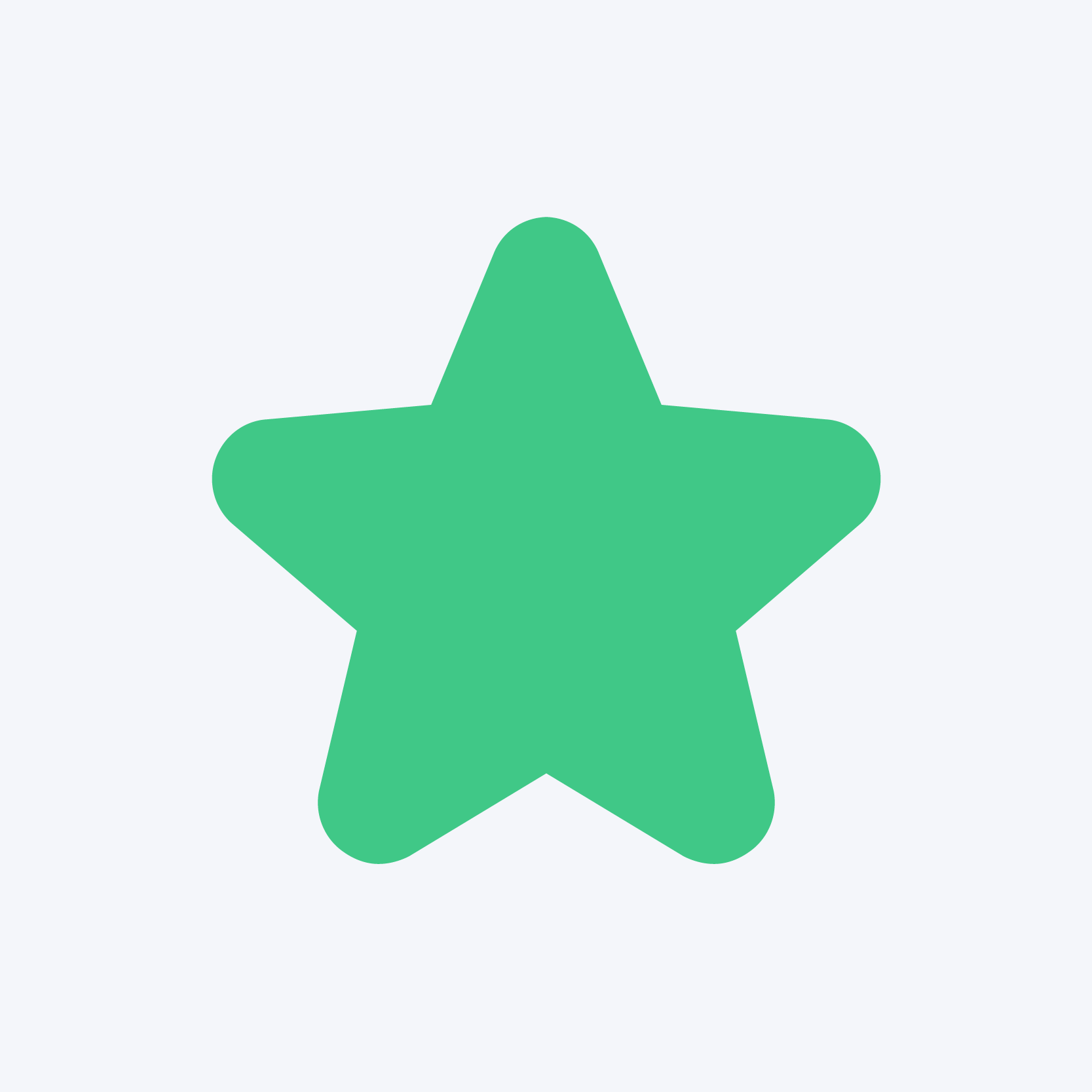
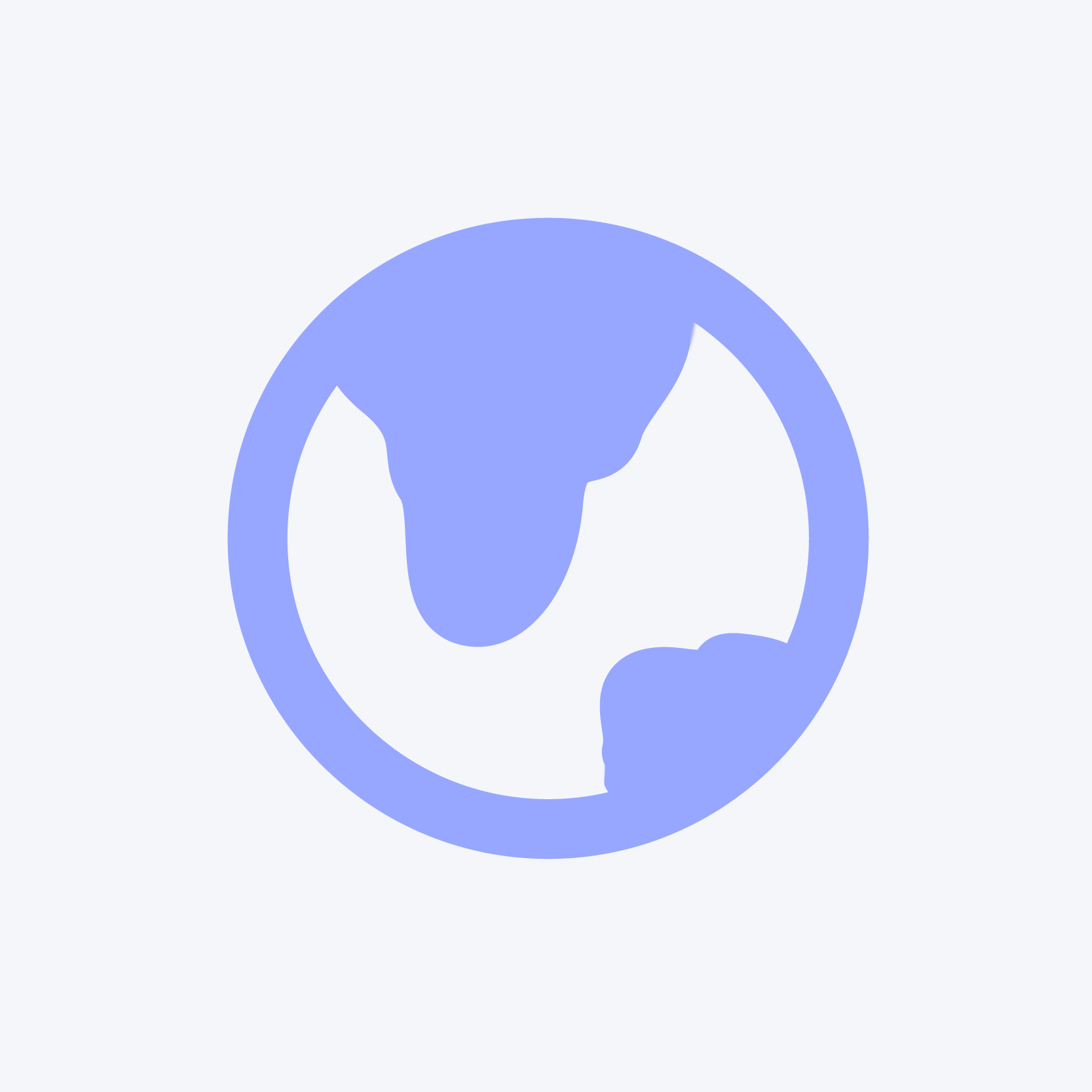


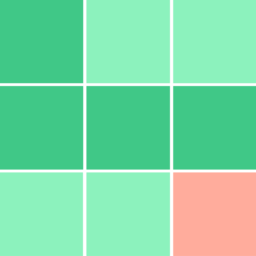

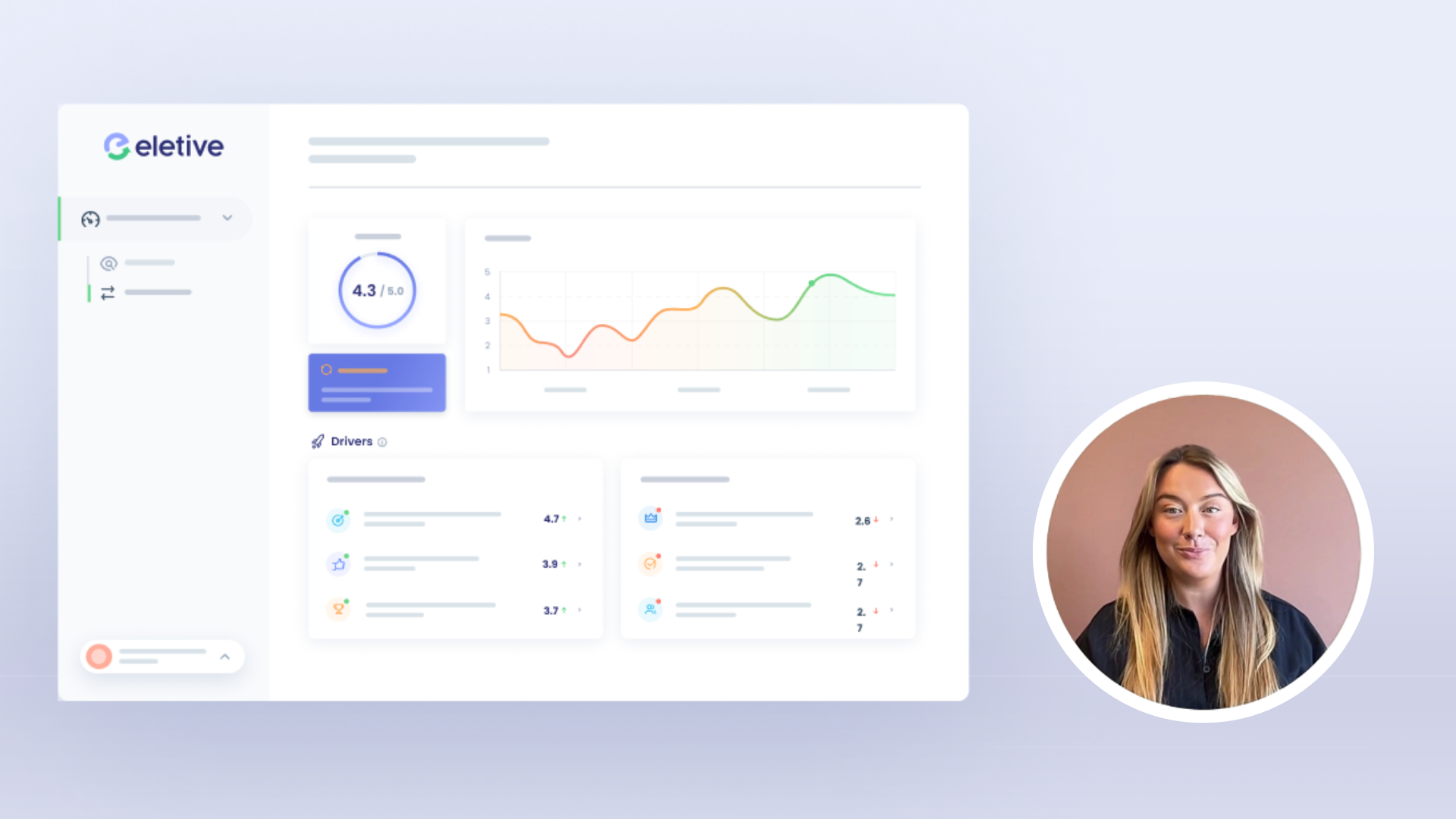








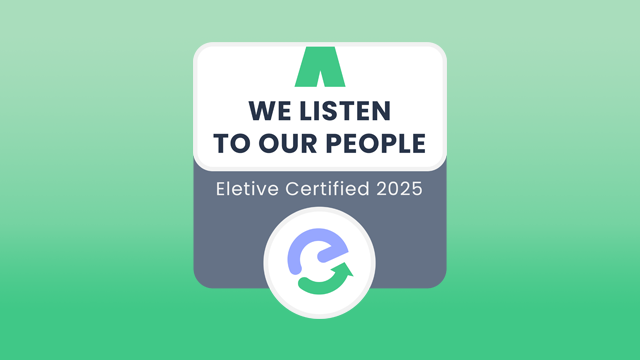
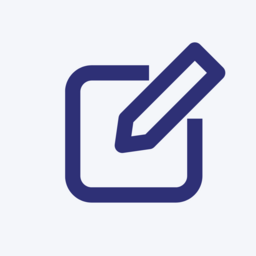
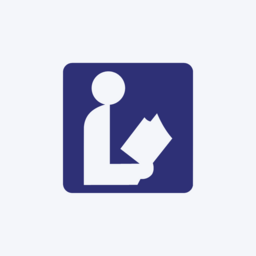
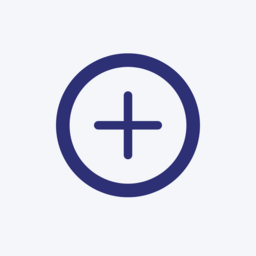
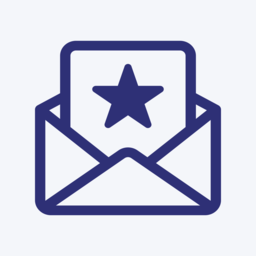
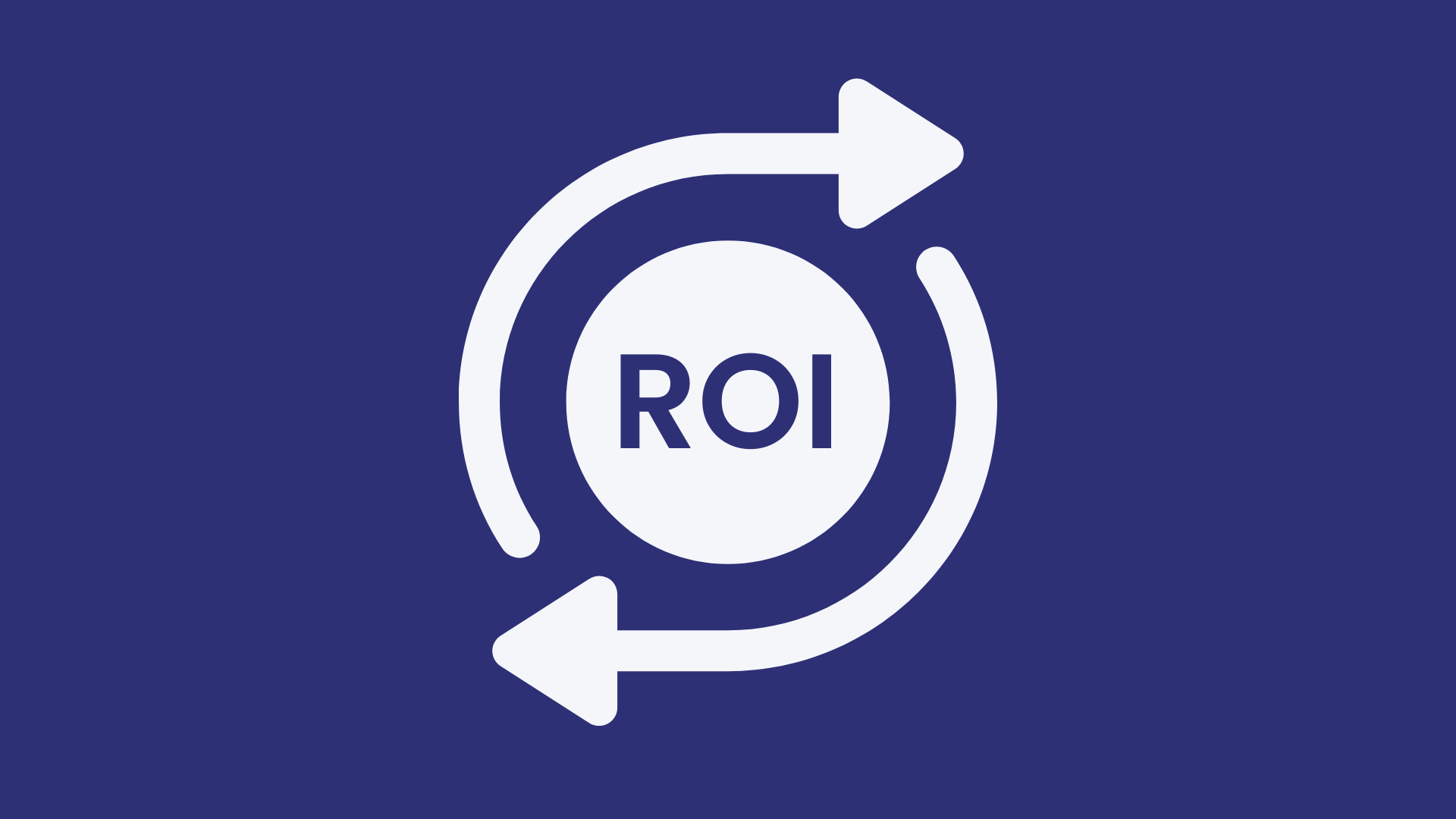
:format(jpeg)/f/288714721386412/5df72744fa/blog-best-okr-software-hero_media.jpg)
:format(jpeg)/f/288714721386412/1280x720/02da360edc/performyard-alternatives.jpg)
:format(jpeg)/f/288714721386412/1280x720/154d0efc4c/tinypulse-alternatives-hero.jpg)
:format(jpeg)/f/288714721386412/1280x720/940c479a26/delighted-alternatives.jpg)